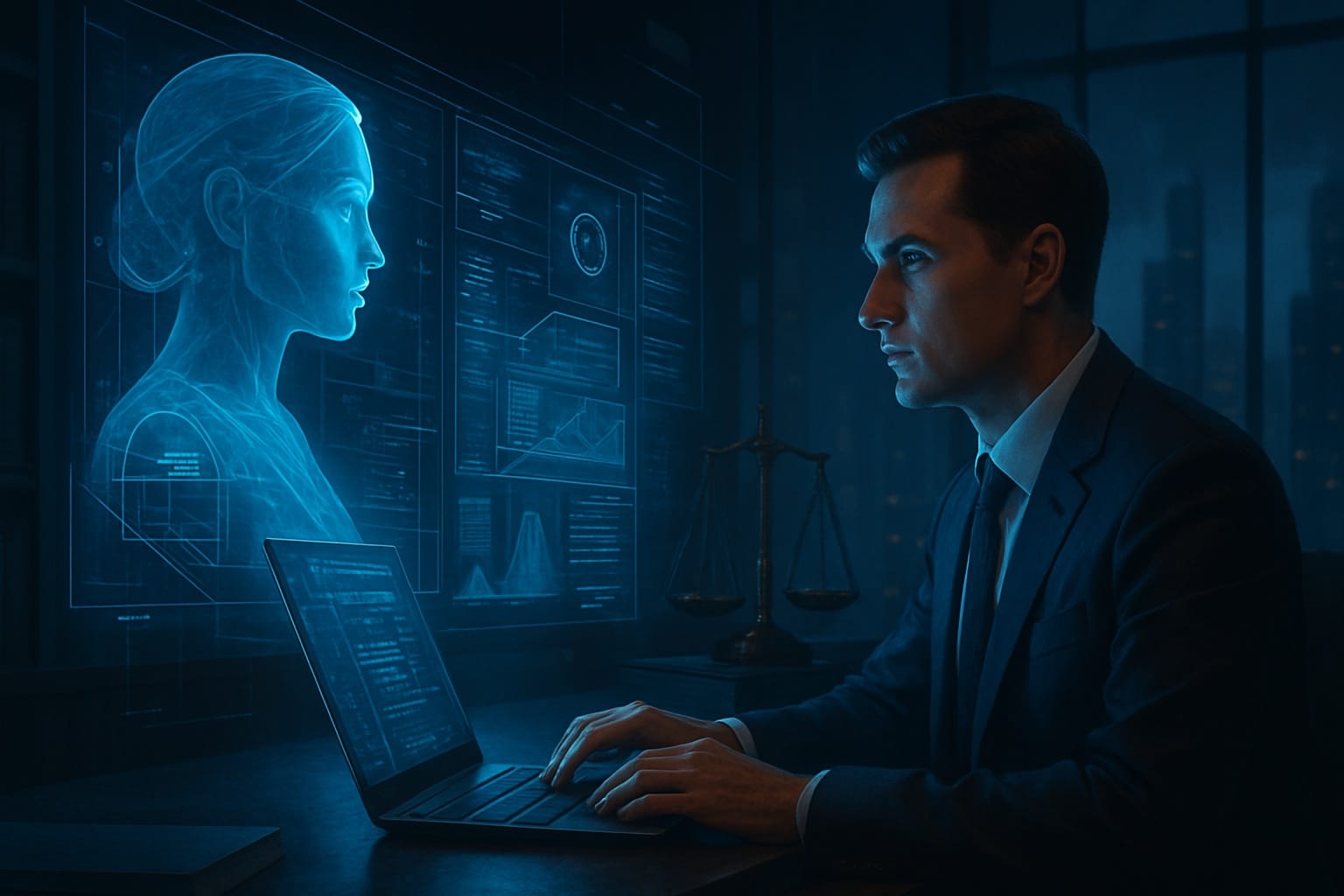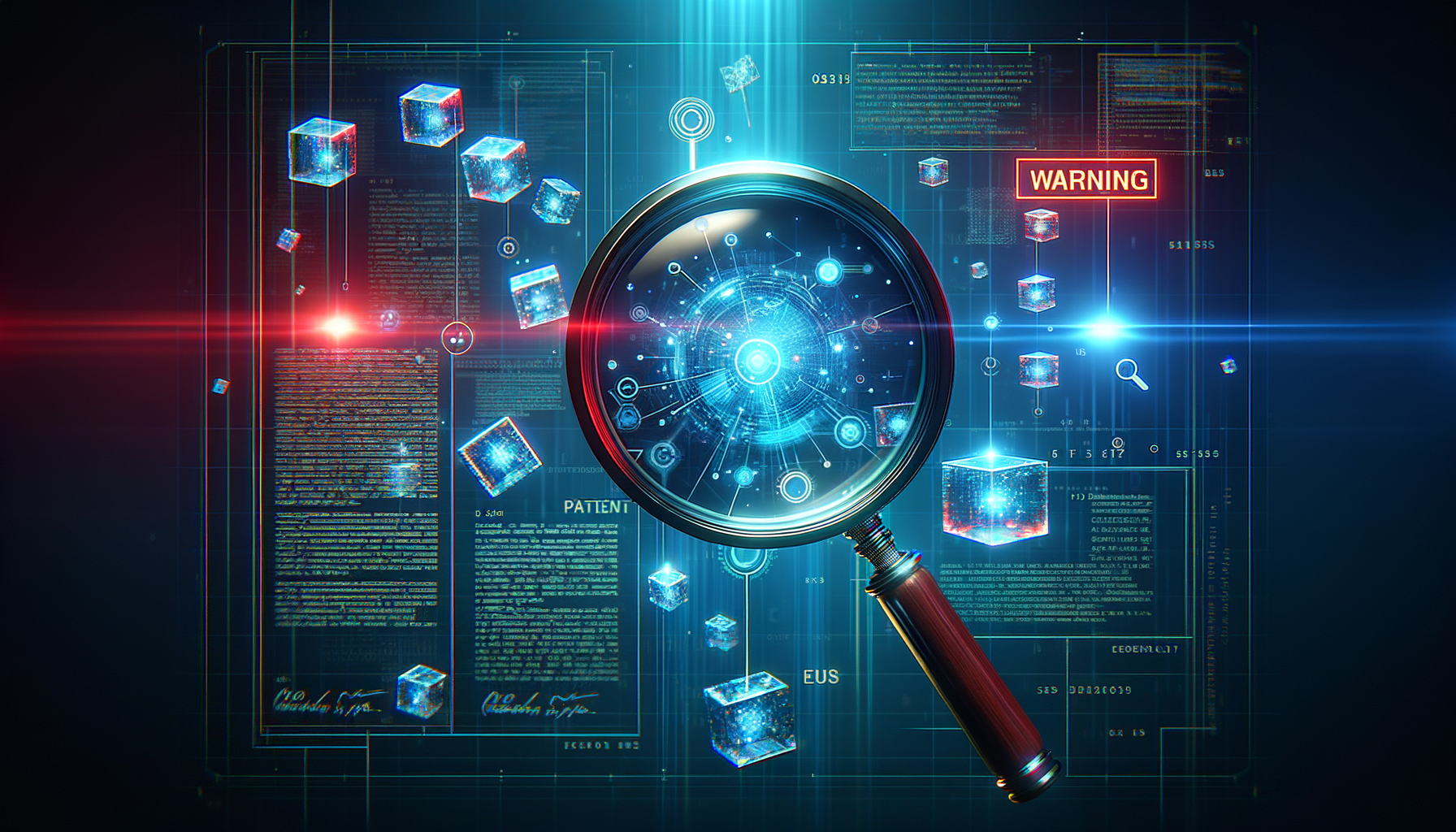Top 5 Ways Attorneys Can Leverage AI Agents to Transform Legal Practice

AI agents are reshaping the legal profession, offering attorneys powerful tools to streamline workflows, enhance decision-making, and improve client outcomes. These intelligent systems, often powered by advanced algorithms, are not replacing lawyers but amplifying their capabilities. For attorneys seeking to stay competitive, adopting AI agents is a strategic move. Below are the top five ways attorneys can harness AI agents, with a focus on practical applications in litigation and beyond, drawing from insights in recent industry discussions.
1. Accelerating Legal Research with Precision
Legal research is the backbone of any case, but it’s time-intensive. AI agents excel at sifting through vast legal databases to retrieve relevant case law, statutes, and precedents in seconds. For instance, tools like those described in a Thomson Reuters article can identify judicial patterns and pinpoint gaps in arguments, saving litigators hours. By using an AI expert system, attorneys can focus on strategy rather than manual searches. This efficiency is critical in high-stakes litigation, where timely insights can make or break a case.
2. Streamlining Document Review and Analysis
Document-heavy cases, such as those involving e-discovery, benefit immensely from AI agents. These tools, as noted in a Fennemore Law piece, analyze contracts, emails, and evidence for relevance and key terms faster than human teams. An AI expert can process thousands of documents, flagging critical information for litigators to build stronger arguments. This not only cuts costs but also reduces errors in complex cases like intellectual property disputes.
3. Enhancing Case Strategy with Predictive Analytics
AI agents go beyond reactive tasks, offering predictive insights to shape case strategies. As highlighted in an EDRM article, these tools analyze judicial histories and case outcomes to suggest winning approaches. For litigators, an AI expert can forecast how a judge might rule or identify persuasive precedents, giving attorneys a competitive advantage in court by understanding AI considerations for IP litigation. This data-driven approach is transforming how attorneys prepare for trials.
4. Automating Document Drafting and Management
Drafting legal documents, from pleadings to contracts, is another area where AI agents shine. Tools like Spellbook, as described on its product page, automate multi-document workflows, ensuring consistency and accuracy. For attorneys handling transactional or litigation matters, an AI expert can generate initial drafts or manage revisions, freeing time for client consultations. This automation is particularly valuable in fast-paced litigation environments where deadlines are tight.
5. Improving Client Interactions and Case Management
AI agents can handle routine client communications and case management tasks, allowing attorneys to focus on high-value work. According to a Thomson Reuters post, these tools manage workflows like scheduling and document sharing, streamlining client interactions. For litigators, an AI expert can organize case files and track deadlines, ensuring nothing falls through the cracks. This enhances client satisfaction and keeps cases on track.
Ethical Considerations and Limitations
While AI agents offer transformative benefits, ethical boundaries remain. A Thomson Reuters survey found 96% of legal professionals oppose AI representing clients in court, citing accountability and judgment concerns. Attorneys must oversee AI outputs to ensure accuracy and compliance with ethical standards. Understanding these limitations is key to responsibly integrating AI into legal practice. Cases involving AI liability or functionality often require an artificial intelligence expert witness to provide technical testimony.
Conclusion
AI agents are revolutionizing how attorneys approach research, document review, strategy, drafting, and client management. By leveraging these tools, legal professionals can enhance efficiency, reduce costs, and deliver better outcomes. However, adopting AI requires strategic implementation to align with ethical and practical needs. At Sidespin Group, we specialize in software expert witness services for litigation matters, providing technical expertise to strengthen your case. Embrace AI thoughtfully to stay ahead in the evolving legal landscape.
Written by
Related Insights
Discuss your Case
- info@sidespingroup.com
- (800) 510-6844
- Monday – Friday
- 8am – 6pm PT
- 11am – 9pm ET


